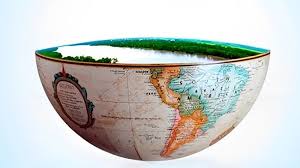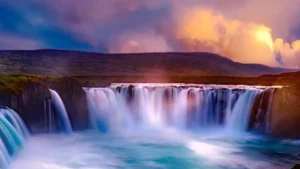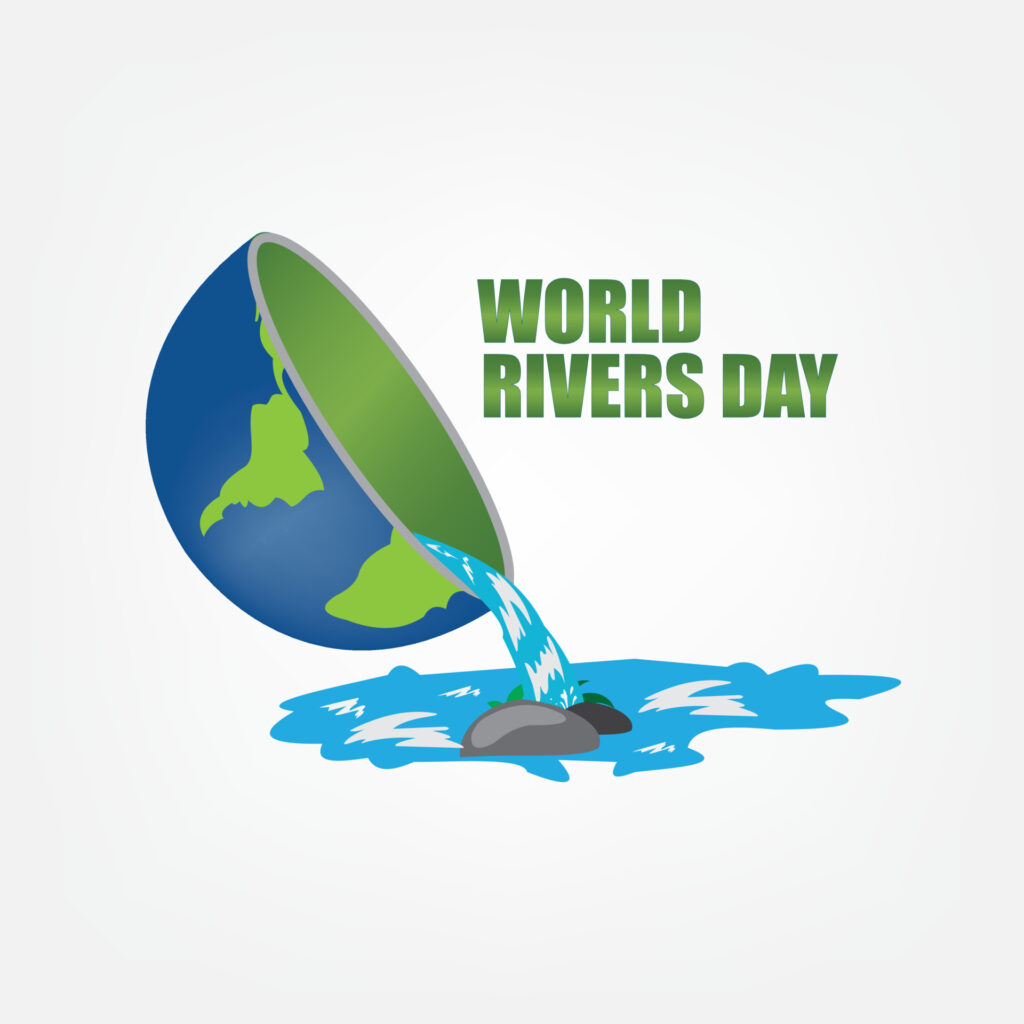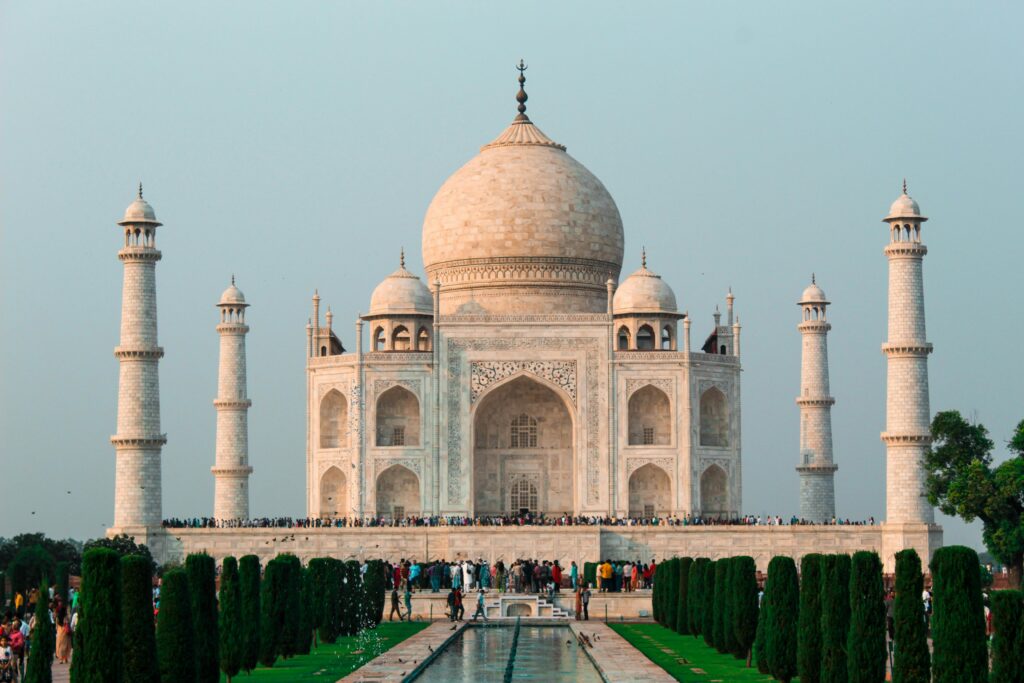
World River Day is celebrated annually on the last Sunday of September and is devoted to the important role of the river in sustaining life on Earth. Founded in 2005 by the Canadian organization Rivers Network, this worldwide event reminds one about the invaluable services these rivers bring to our ecosystems, economies, and cultures. It also points out that there is a pressing need to protect those very essential waterways from the myriad threats they face.
Importance of Rivers
Rivers are something more than just flowing bodies of water; they are important lifelines for humanity and wildlife alike. They provide fresh water for drinking, irrigation, and industry. They maintain various biodiversity by enabling different kinds of fish species, birds, and plants to thrive in their waters. Besides, they contribute much to topography—from canyon carving to the atterrain rich deposits of silt in the floodplains.
Economically, rivers provide for transportation, commerce, and tourism. Historically, many civilizations have thrived around the sides of rivers because of the closeness to water elements and much limestone. Today, rivers are still important in agriculture, industry, and recreation. They provide recreational activities—fishing, kayaking, and rafting—which can also contribute to local economies and maintain well-being in communities.

Challenges Facing Rivers
Despite their importance, rivers face an array of challenges that put in jeopardy their health and sustainability. Pollution emanating from industrial discharges, agricultural runoff, and untreated sewage kills waterways. This, in effect, impacts aquatic life and can pose serious health risks to humans as well, since polluted rivers compromise drinking water supplies.
Another major threat is the alteration of river ecosystems by damming and diversion of water. While dams can have useful side effects such as supplying hydroelectric power and controlling floodwaters, they disrupt natural river flow and fish migrations and change sediment transport. Such changes can have deep and far-reaching ecological consequences for riverine and catchment environments.
Climate change further exacerbates this trend by changing the precipitation patterns into more frequent and severe floods or droughts, which can alter river ecosystems, affect water availability, and increase the frequency of extreme weather events.
World River Day: A Call to Action
World River Day is one day when people and communities come together to celebrate the beauty and importance of rivers but also to fight for their rights. Community-organized events and activities, occurring worldwide, can range from river cleanup actions and education workshops to river festivals and policy discussions. These events promote awareness about river conservation, inspire good practices in sustainability, and build a sense of stewardship among participants.
One of the essential messages from World River Day is a call for collective action. We all have our different roles to play in taking responsibility for the health of our rivers, whether as governments, businesses, or individuals. That can mean supporting policies that regulate pollution, investing in sustainable water management practices, and participating in local conservation efforts.
Look to the Future
On this World Rivers Day, there is more than ever an acute need to look at ways in which we can shower care on our rivers in the future. Care for rivers is all about education, advocacy, and action. Of course, people have a pretty good head start in terms of recognizing just how much they do depend upon rivers. Increasing that awareness and appreciation of the facts will help protect them.
Essentially, World River Day calls on us to both create awareness of the beauty and importance of rivers and to take action to ensure their preservation. World Rivers Day gives us all a special time to renew our commitment to the conservation of our rivers, keeping them healthy and alive for future generations.



